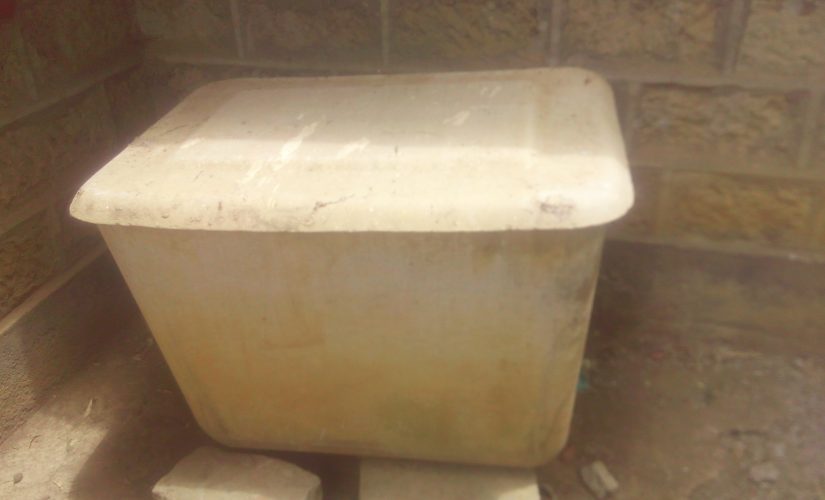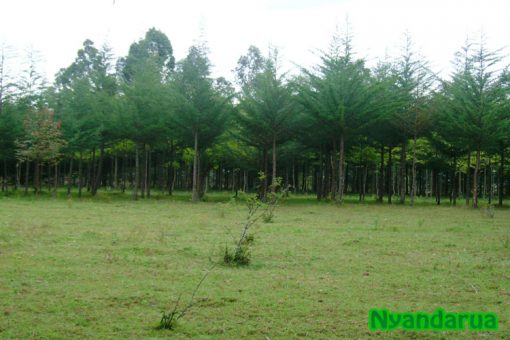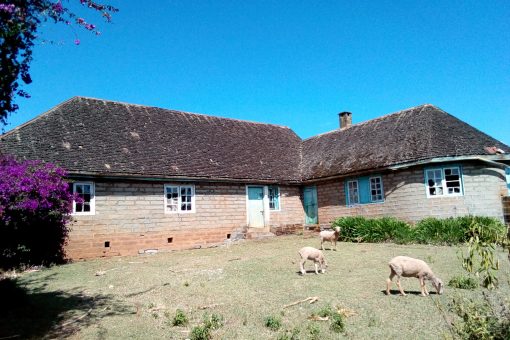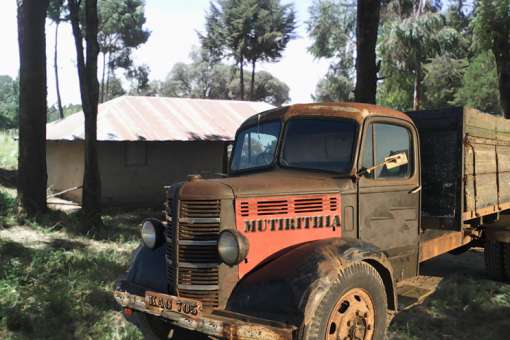There was a time when Nyandarua was ahead of its time. I remember the early 1970s when we were small kids, there was piped water in our compound and in every home in our Settlement Scheme. I was too young to understand the politics of the day, but I think the water project was spearheaded by our then member of Parliament, the late J.M. Kariuki, who was assassinated by his political opponents in mid 1970s, his death sending shock waves in Nyandarua and the entire country. But while he lived, we had water running in our homes.
The water project was managed by the Cooperative Society of our Settlement Scheme. The water was pumped from a station near OlKalou town, slightly past the Post Office. Our Cooperative Society employees manned the pumping station and the man tasked with the job was named Jogoo. I don’t know whether that was his real name or a nickname, but everybody called him Jogoo. I know he worked for the Cooperative society because some mornings he was at our collection center weighing milk and issuing receipts, a job reserved for Cooperative employees only. On his days off, Jogoo was relieved by Nderitu wa Muhoro, a part time employee of the Cooperative Society. For us kids, we looked up to these men, wondering what “magic” they used to pump water to an entire Settlement Scheme from one small station near OlKalou town. The concept of a water pump was too complex for us to understand, that is why we associated the daily supply of our water with the physical capabilities of these two operators, Jogoo and Nderitu, viewing them as real life super heroes.
Before the first pumping of the water was made, the Cooperative Society gave every home in OlKalou a sizeable square shaped greyish / white water tank with a lid, like the one in the picture above. It is generally believed that the water tanks were a personal donation from the late J.M. Kariuki to his OlKalou constituents. Those durable tanks can hold over 300 liters of water, a decent amount to serve a rural household for one day. Some homes still have them, these many decades later. The one standing strong in the picture above belongs to my mother and we still use it for harvesting rain water. Talk of durable, that water tank is older than my younger siblings, and it seems determined to weather many more storms in decades to come.
These tanks were installed wherever the family chose within their compound. Water was pumped from the station twice a day, mostly in the morning and in the evening, keeping those tanks filled to capacity. There was also a direct tap installed next to the tank where a family could connect a hose pipe and fill any other tanks they needed filled. The water was cold, like the Nyandarua temperatures, and it was crisp clear. It was treated and safe to drink. Sometimes, the chlorine was evident in the water, making tiny bubbles like carbonated soda, but it cleared in a minute. I still have memories of tasting that water straight from the tap and it tasted divine. My siblings and I sprayed each other with water hoses, of course when our parents were not home. Those were good times.
I associate the water project with J.M. Kariuki because when he was our MP there was water running in every home in OlKalou. After he was assassinated, the water project died suddenly and never returned. After the water stopped running, our pipes stayed in place for many years, just like in majority of homes in our Settlement Scheme. I believe the shock of losing that vital commodity, that had made life so convenient for every household in OlKalou threw our parents into denial. Keeping the pipes untouched was direct defiance in the face of desperation. I also believe everybody was holding on to hope that someday soon, somebody was going to revive that vital project. The farmers therefore kept that infrastructure intact ready to receive water whenever it was restored. With that etched in the minds of these determined land owners, the pipes stayed in place for years and years. After nearly a decade with no water restored, the farmers finally gave up and started dismantling the pipes piece by piece.
It must have been a sad realization for these young farmers and their families, but that was the sad reality of their water situation. Almost a half century later, piped water has not returned to OlKalou, unless privately ran by individuals who can afford it. Think about that for a moment. Its sad, almost unbelievable.




